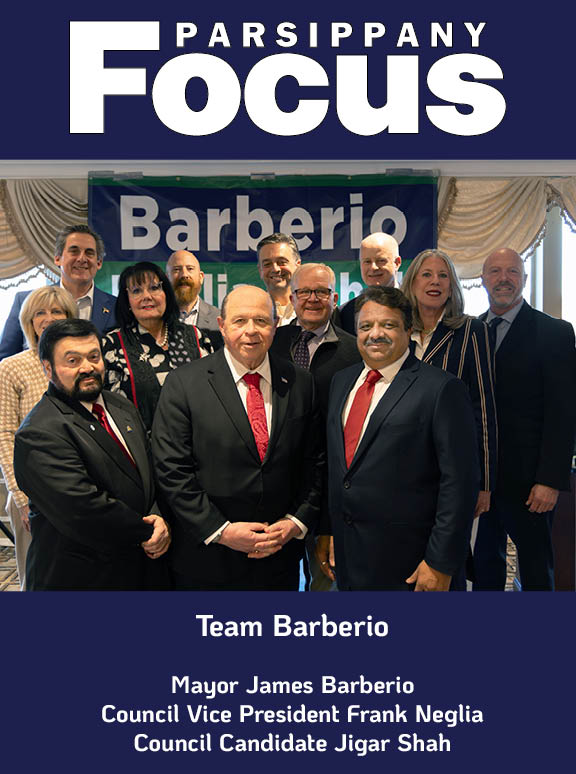MORRIS COUNTY — The state of New Jersey is set to implement changes to its craft brewery and retail license laws after a bill received unanimous support from both chambers of the state Legislature on January 8. The bill, sponsored by Democratic state Senators Vin Gopal, Paul Sarlo, and Troy Singleton, proposes several significant changes to the existing regulations affecting breweries, wineries, and distilleries in the state.
Some of the key provisions of the bill include:
- Allowing breweries, wineries, and distilleries to host unlimited events and private parties on their premises and up to 25 special events off-site.
- Permitting these establishments to sell food items like chips, nuts, and other packaged snacks. They can also coordinate with external vendors such as food trucks and restaurants to serve food on their premises.
- Eliminating the requirement that breweries must give patrons a tour of their facilities before they can consume alcohol.
- Activating some of the 1,400 inactive liquor licenses (known as pocket licenses) that have not been used by restaurants or bars for at least eight years. If a license remains dormant for two years, it will expire and may be auctioned off or extended by the municipality.
- Allowing communities to issue special licenses for establishments in shopping malls, with up to two additional licenses for towns with malls larger than 750,000 square feet and up to four additional licenses for towns with malls larger than 1.5 million square feet.
- Permitting towns to transfer one dormant license per year and two every five years to a neighboring municipality in need of more licenses.
- Establishing a farm brewery license for operators who engage in farming and wish to brew malt alcoholic beverages (up to 2,500 barrels of 31 fluid gallons a year) and sell them on their premises.
These changes are seen as a positive step for the state’s craft brewing and distilling industry, allowing it to grow and prosper. However, it’s worth noting that this bill represents a scaled-down version of broader changes that Governor Phil Murphy had previously pushed for in an effort to modernize the state’s Prohibition-era liquor license laws.
The bill’s passage has received mixed reactions, with some stakeholders applauding the progress made while others express concerns about certain restrictions, particularly regarding the transfer of inactive licenses and the overall affordability of liquor licenses in the state. The New Jersey League of Municipalities questions the limitation on transferring inactive licenses to contiguous municipalities, as it may not address the shortage of available liquor licenses in some areas.
Downtown New Jersey and the NJ Liquor License Reform Alliance believe that while this bill is a step in the right direction, it does not fully address the affordability issue and equity concerns related to liquor licenses in the state. They plan to continue advocating for more progressive reforms in the future.
















